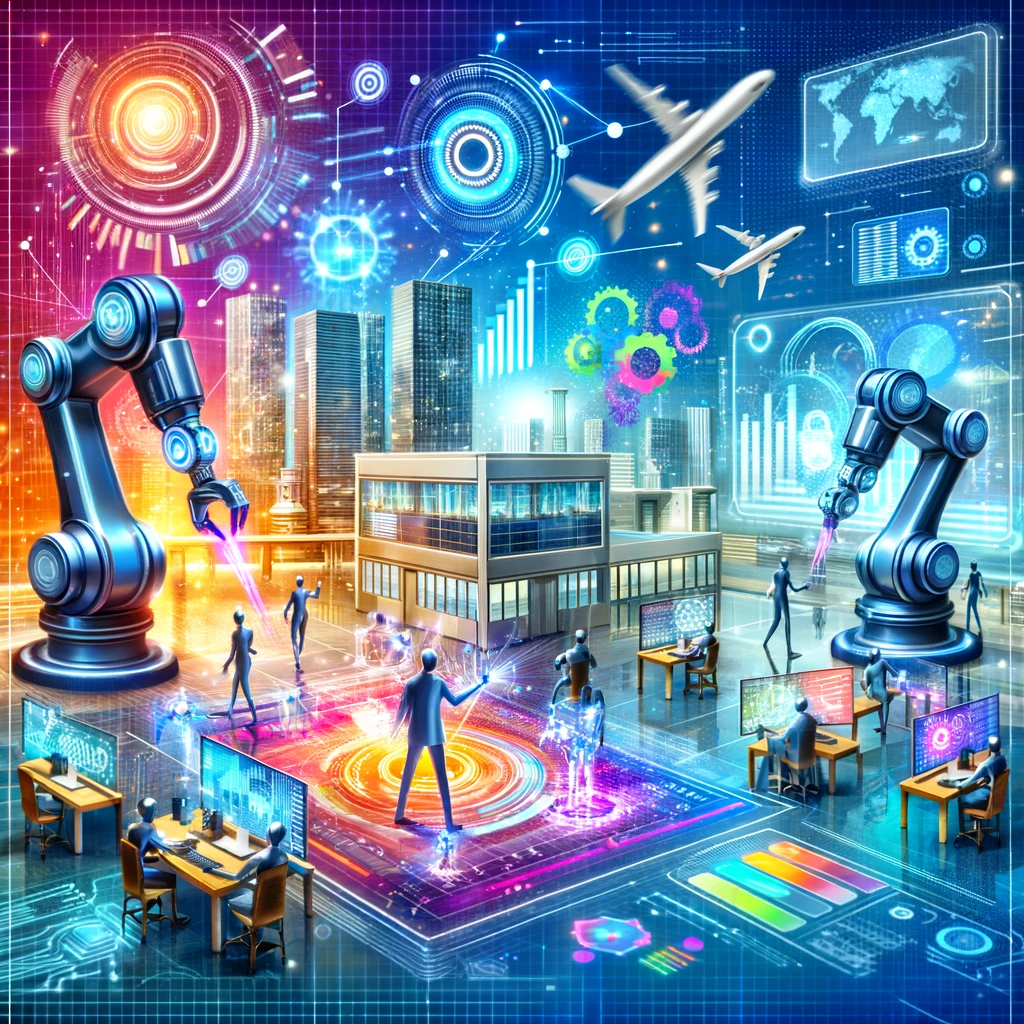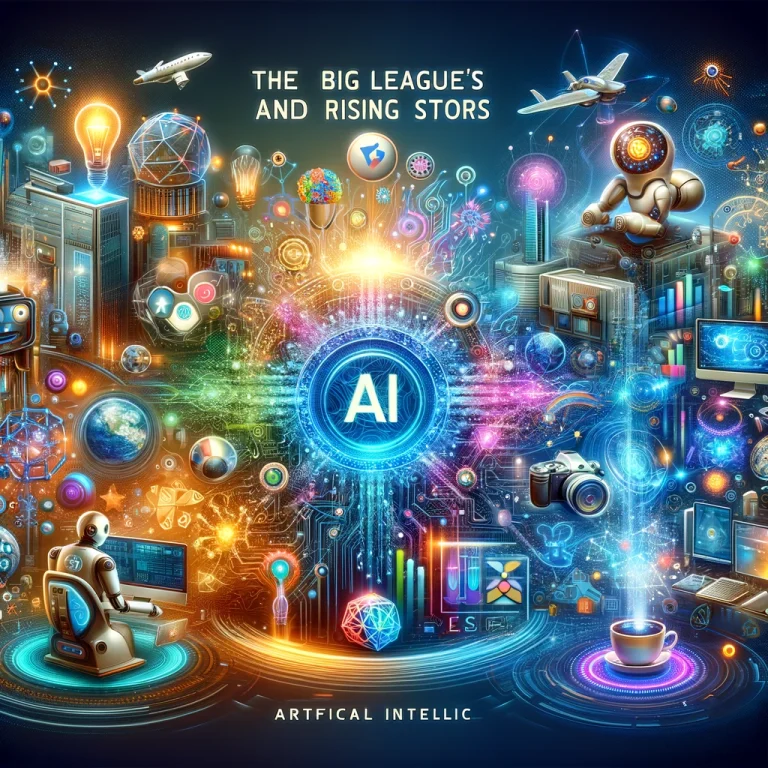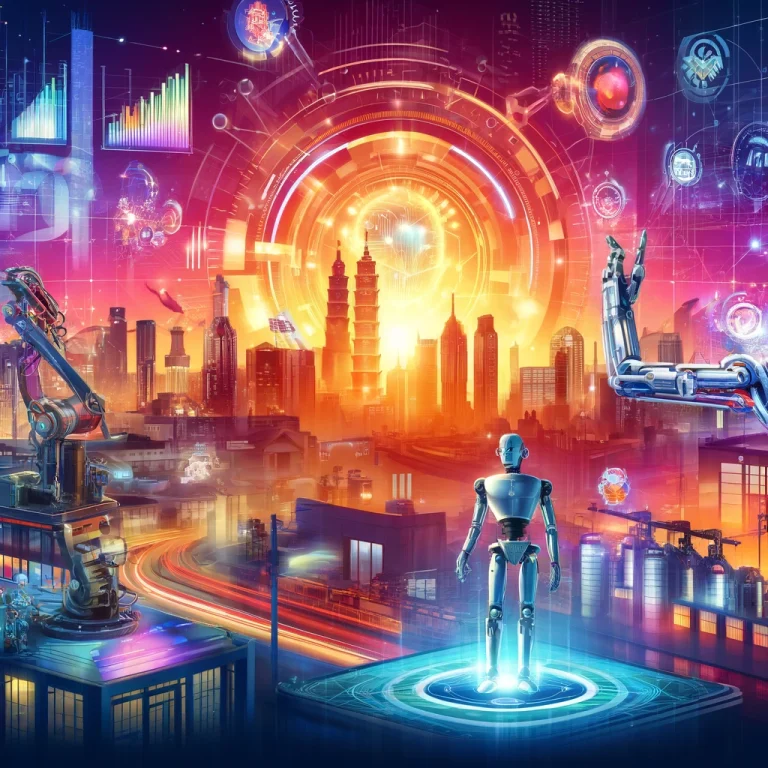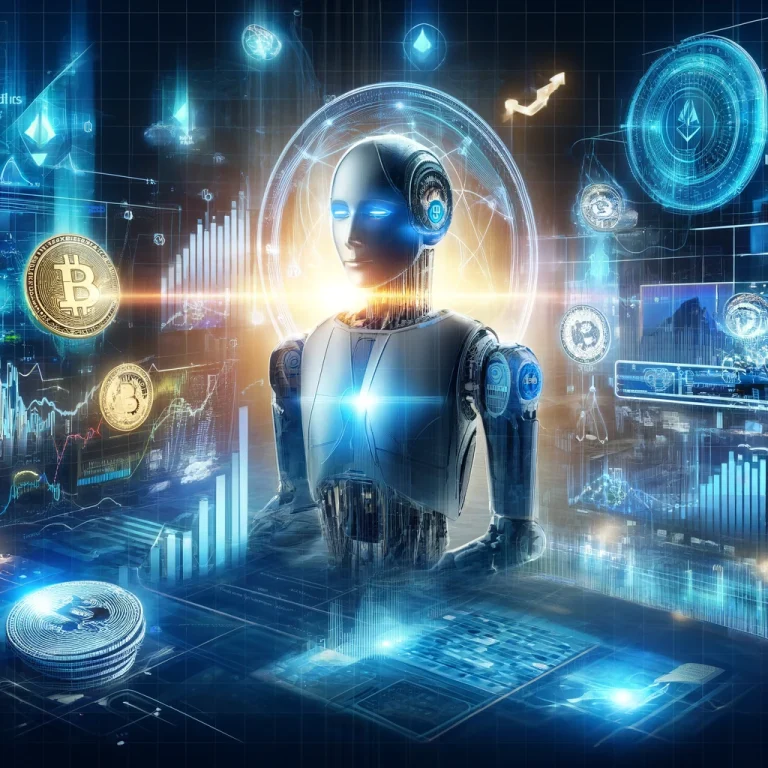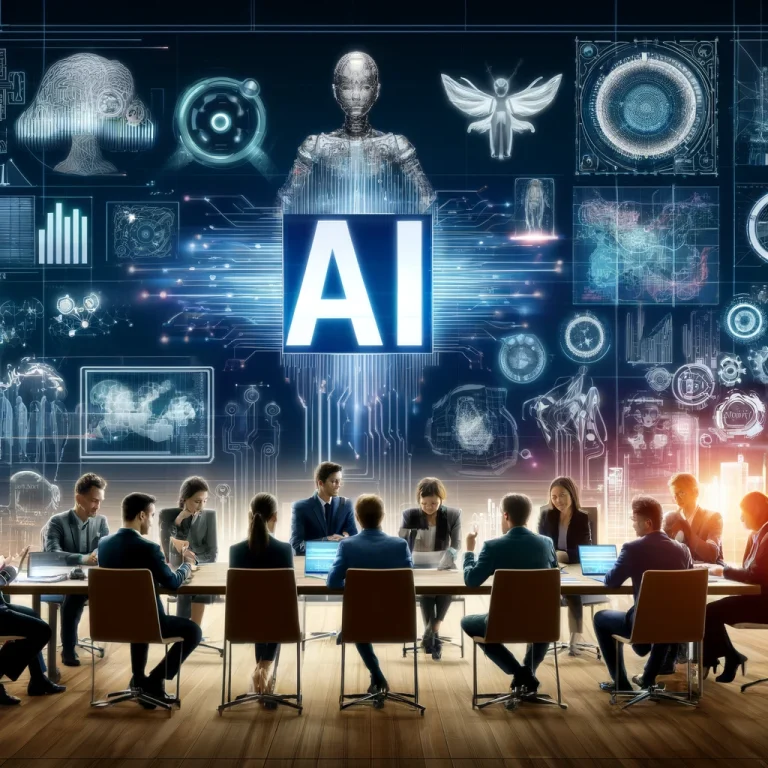The Robot Revolution: How AI Automation Will Reshape the Future of Work
The rise of artificial intelligence (AI) is transforming industries and shaking up the traditional workplace. Automation powered by AI is poised to significantly impact the future of work, raising concerns about job displacement but also presenting exciting new opportunities.
Jobs on the Automation Chopping Block
Repetitive, rule-based tasks are prime targets for AI automation. Jobs in the following sectors are most at risk:
- Manufacturing: Assembly line workers and machine operators could be replaced by robots capable of performing tasks with greater precision and efficiency.
- Data Entry and Processing: AI excels at handling vast amounts of data, potentially eliminating jobs in bookkeeping, clerical work, and data entry.
- Transportation: Self-driving vehicles and automated logistics systems could significantly impact jobs in the transportation sector, from truck drivers to taxi drivers.
- Customer Service: Chatbots powered by AI are already handling basic customer service inquiries, potentially reducing the need for human representatives in some industries.
The Rise of the Human-AI Partnership
However, the future of work isn’t all doom and gloom. AI is also creating new opportunities:
- AI Specialists: As AI becomes more integrated into businesses, there will be a growing demand for specialists who can design, develop, and maintain these systems.
- Data Analysts and Interpreters: The vast amount of data generated by AI systems will require skilled professionals to analyze it and extract meaningful insights.
- Creative and Innovation Roles: AI can automate routine tasks, freeing up human creativity for problem-solving, innovation, and design thinking.
- Caregivers and Social Workers: AI can’t replace human empathy and connection. The demand for caregivers, social workers, and other professions that require emotional intelligence is likely to grow.
Preparing for the AI-Powered Workplace
So, how can you prepare for the changing job market? Here are some tips:
- Develop Adaptability and Lifelong Learning: The ability to learn new skills and adapt to changing technologies will be crucial. Consider online courses, certifications, or bootcamps to stay ahead of the curve.
- Focus on Human-Centric Skills: Hone your communication, collaboration, critical thinking, and problem-solving skills. These are areas where humans will continue to have an edge over machines.
- Embrace Technology: Don’t be afraid of AI – see it as a tool to augment your skills and capabilities. Learn the basics of AI and how it can be applied to your field.
The future of work will be a collaboration between humans and AI. By embracing lifelong learning, developing human-centric skills, and staying curious about technology, you can prepare yourself to thrive in this new era.

